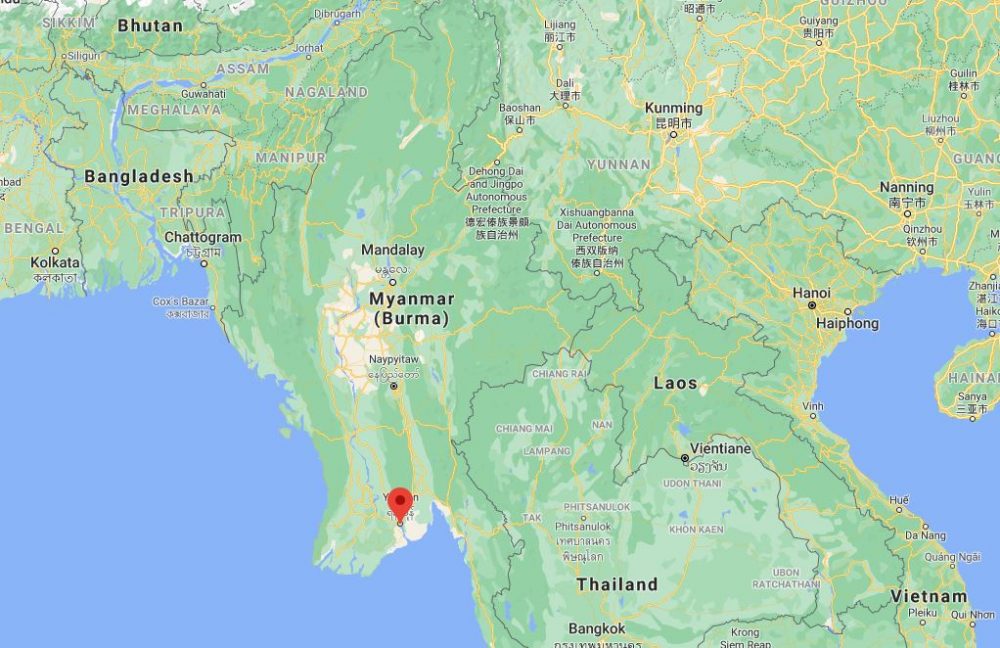 (Source: Rest Of World via Tom Daly)
(Source: Rest Of World via Tom Daly)
Young Burmese activists are broadcasting anti-coup messages on pirate radio
“This is revolution radio.”
In a safehouse in Yangon last Thursday morning, a small group of 20-somethings gathered to assemble a portable radio transmitter. For several hours, they broadcast translations of international news into Burmese—tributes to protesters killed by the armed forces, revolutionary songs and poems, and interviews with the leaders of Myanmar’s civil disobedience movement that has sprung up to oppose the military junta that seized power in February.
Then, they dismantled the equipment, each person taking a different piece by a different route to another safe location where they store it. Security is tight. They never broadcast from the same place twice, and the group use aliases, even among themselves. This is Federal FM Radio, live on 90.2 MHz.
Its name betrays its politics. Support for a federal Myanmar, one which rejects the state’s majoritarian Bamar identity and strives for true ethnic unity, has surged in the months since the coup. It is a message that does not sit well with the military government, which has responded with violent repression and internet blackouts. But young dissidents like these refuse to be silenced and have turned to old technologies to spread the word.
“This radio was born out of Myanmar’s Spring Revolution,” said one of its founders, who goes by “Mulan.” “This is revolution radio.”
The junta has imposed nightly internet blackouts to disrupt the protest movement, preventing people from organizing and communicating with the outside world. Social media platforms have been blocked, although many people continued to access them through virtual private networks.
However, on April 2, the mobile internet in Myanmar was completely switched off. Fixed-line connections are rare, and the move left millions of people unable to access news or to communicate with one another. In the vacuum, State media has broadcast propaganda that underplays the scale of the crisis, portrays protesters as “terrorists” and foreign agents, and blames the civil disobedience movement for recent violence on the streets.
“Our people need to get information, real information, because the military spread out fake news on their own media,” Mulan said. She and her colleagues were able to source radio equipment from a friend of the movement — they won’t say precisely who, for obvious reasons. The team is entirely made up of young, digital natives, and most of them were working for civil society organizations before the coup. None of them knew how to operate the gear, but they found technicians willing to train them. “So now, we are learning, like, a radio crash course,” Mulan said.[…]
